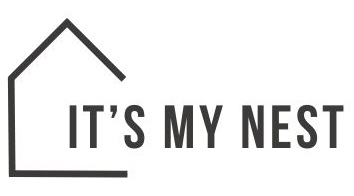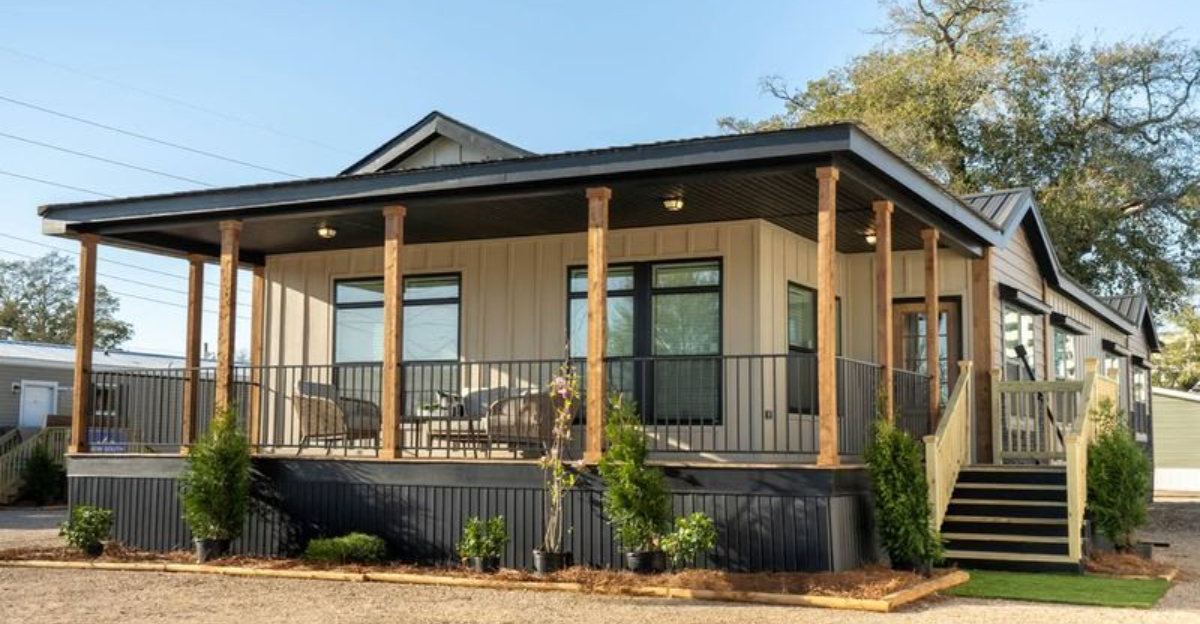Modular homes are often misunderstood and overlooked, yet they offer unique advantages and challenges. Below is a compilation of insightful aspects about modular homes that many people are unaware of.
This guide aims to shed light on various elements ranging from construction to environmental impact. Each point is carefully crafted to provide a comprehensive understanding of modular homes, making this a must-read for anyone interested in alternative housing options.
1. Foundation Differences
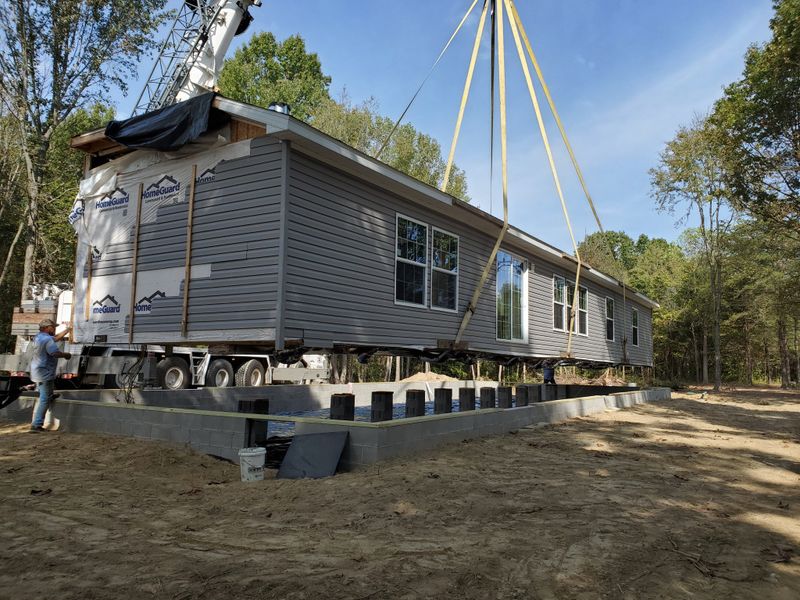
Foundation setup surprises many homebuyers that expect typical basements or slabs. Unlike traditional homes that usually have fixed foundations from the start, modular homes can be placed on different types, like concrete or stilts, which are chosen based on site specifics.
This flexibility allows you to adapt modular homes to varied terrains and climates, providing options that traditional homes might not offer.
2. Weather Resilience
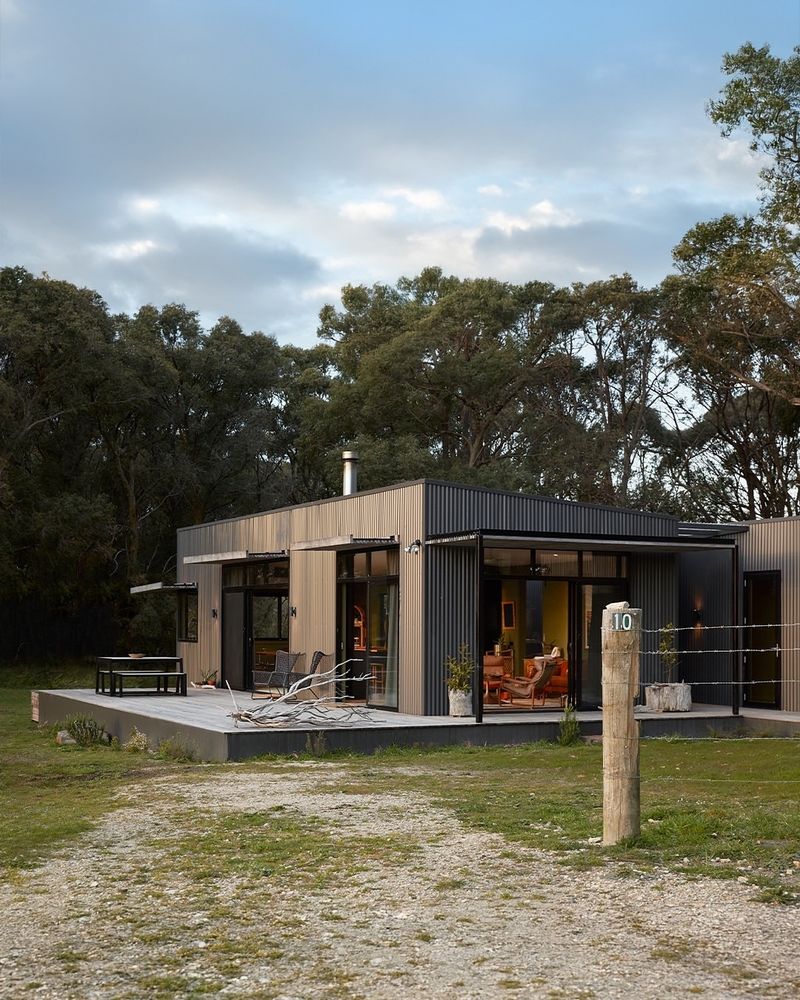
Built with weather in mind, modular homes often withstand harsh conditions better than expected. Their construction specifics mean they are designed to manage strong winds and heavy snowfall, and sometimes even earthquakes.
This is a pleasant surprise to those who assume modular homes might not be as robust as traditional structures. Weather resilience is an understated benefit that provides peace of mind for homeowners.
3. Construction Speed
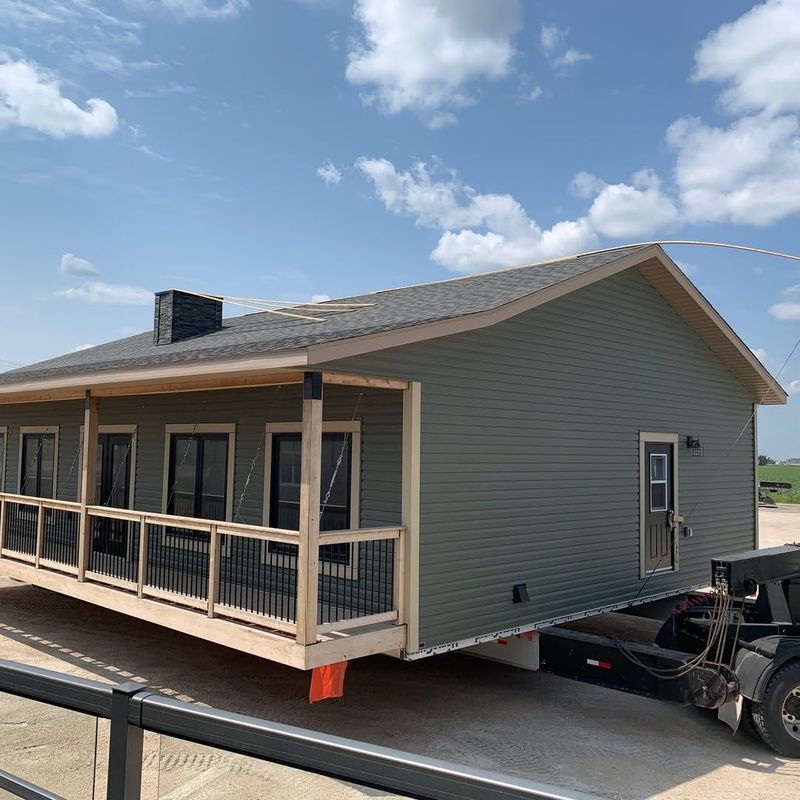
The speed of construction can amaze those unfamiliar with modular homes. They are often built in factories and then assembled on-site, cutting down the timeline considerably compared to traditional homes. This efficiency not only saves time but can also reduce costs associated with prolonged construction periods. A swift build might be perfect for those eager to move into a new home quickly without the usual delays.
4. Eco-Friendly Materials
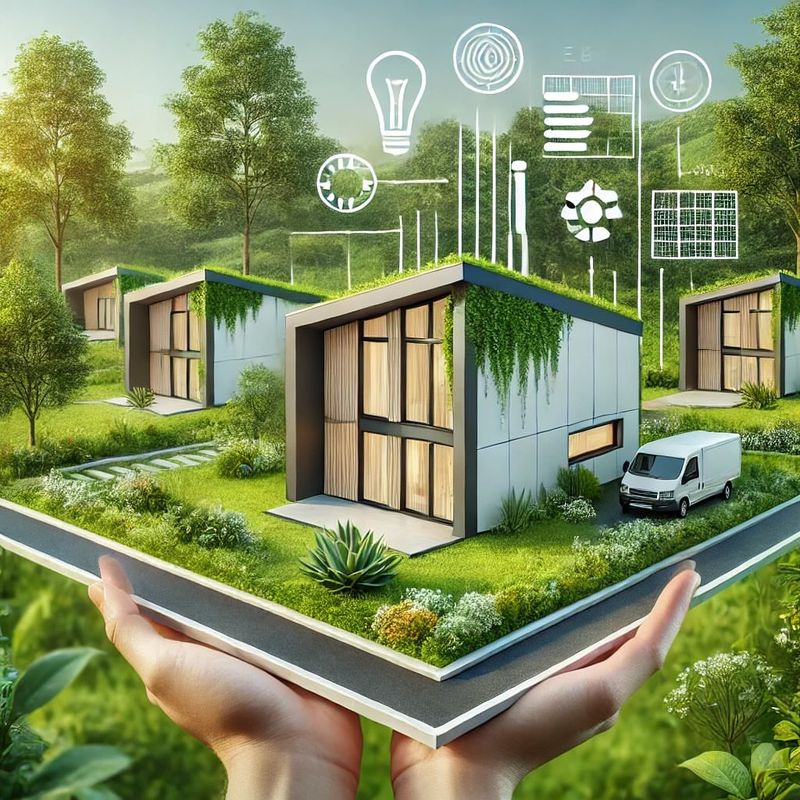
Sustainability is key for many modular homes, and eco-friendly materials play a big part. Often, these homes utilize recycled materials which can significantly reduce the environmental impact.
The focus on green building materials and energy-efficient designs contributes to a smaller carbon footprint. This aspect appeals to environmentally conscious buyers looking to minimize their ecological impact.
5. Customizable Design
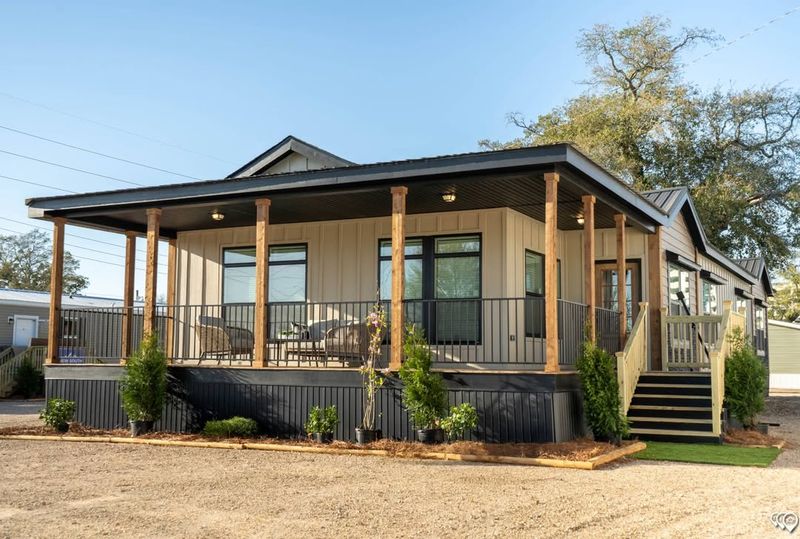
Personalizing a modular home is easier than many assume. These homes provide extensive design choices that can be adjusted to fit individual preferences and lifestyles.
Manufacturing in a controlled environment enables bulk material purchases and efficient production, leading to significant cost savings. For budget-conscious buyers, this means access to a well-crafted home at a more affordable price, proving that quality and financial practicality can go hand in hand.
6. Cost Efficiency
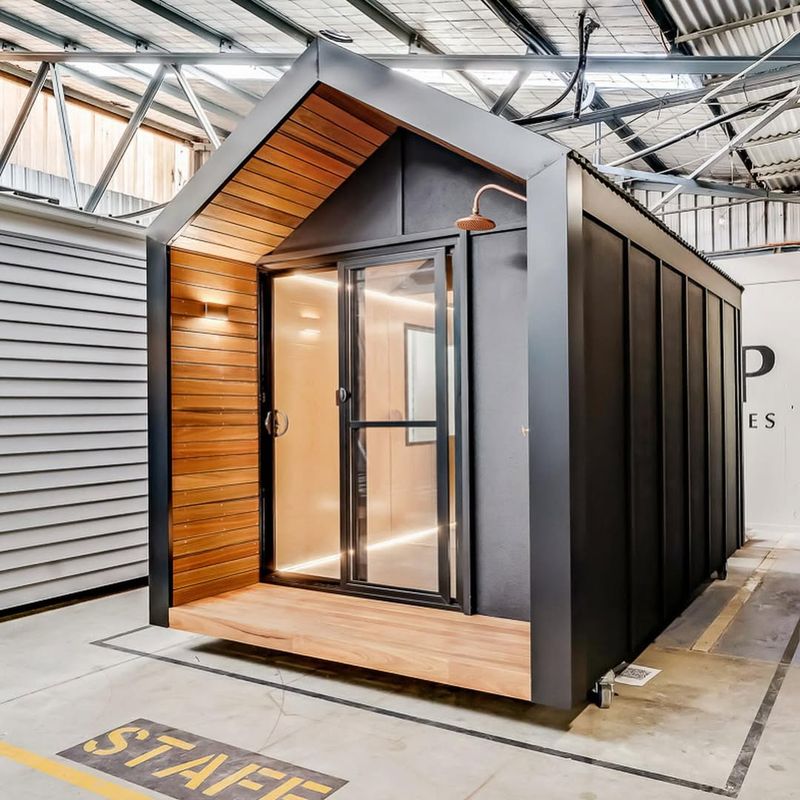
Affordability is often overlooked when considering modular homes. They can be a cost-effective alternative to traditional homes since construction costs are typically lower and more predictable.
The factory setting allows for bulk purchasing of materials and streamlined processes, which contributes to overall savings. This can be attractive to budget-conscious buyers seeking a high-quality living space without breaking the bank.
7. Quality Control
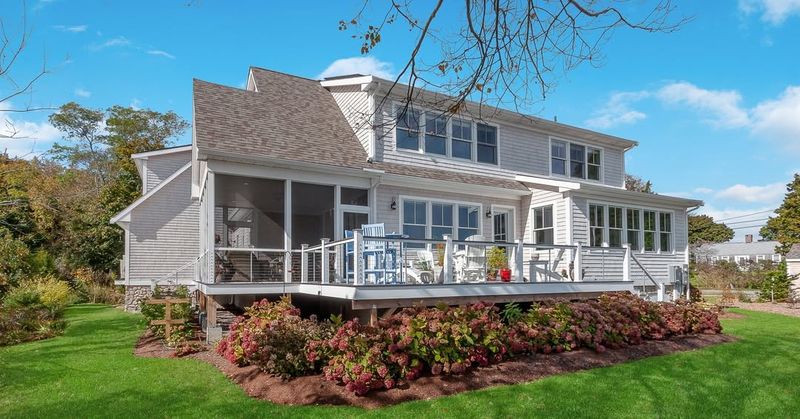
Quality assurance is a significant advantage of modular homes. Being constructed in a factory setting allows for stringent quality control measures that might be harder to enforce on a traditional construction site.
As a result, each component undergoes rigorous quality checks before final assembly. This meticulous process minimizes defects and enhances durability, offering homeowners a level of reliability that stands the test of time.
8. Finance Options
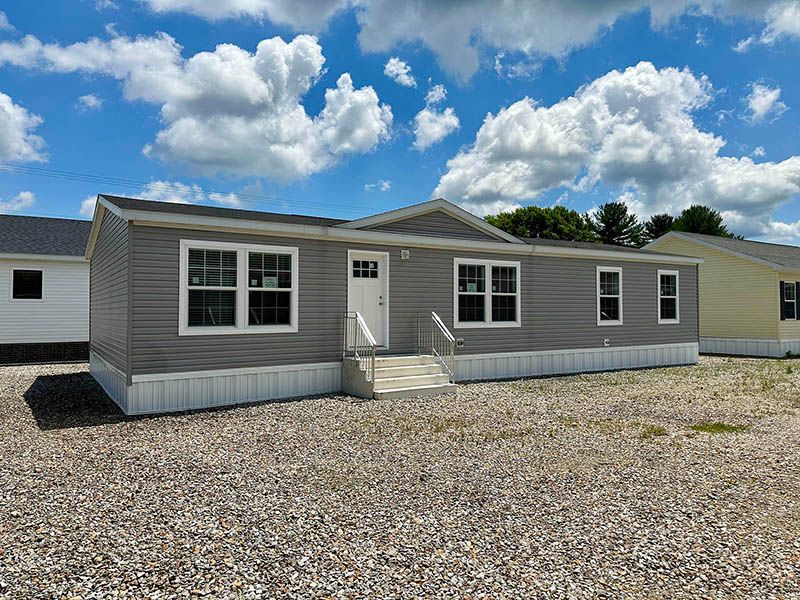
Financing options for modular homes can differ from traditional mortgages. Certain lenders offer specialized loans tailored to the modular construction process, and these might include different terms or interest rates.
It’s crucial for potential buyers to explore these options to find a suitable financial plan. Understanding these nuances can lead to informed decisions that align with personal financial goals.
9. Energy Efficiency
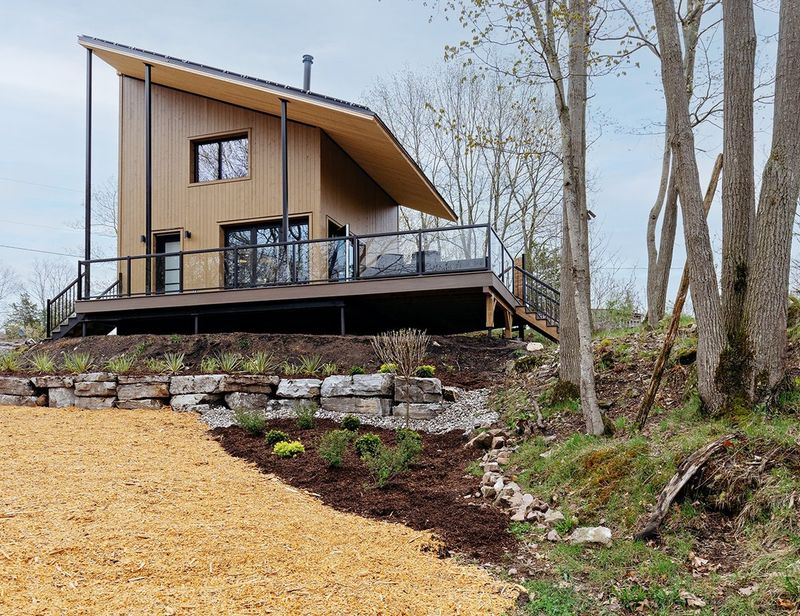
Energy savings are a significant perk of modular homes, often coming with features like high-grade insulation and energy-efficient windows. These additions can result in lower utility bills and a more comfortable living environment year-round.
For those prioritizing energy efficiency, the modular home design provides a compelling option to reduce energy consumption without sacrificing comfort or convenience.
10. Regulatory Compliance
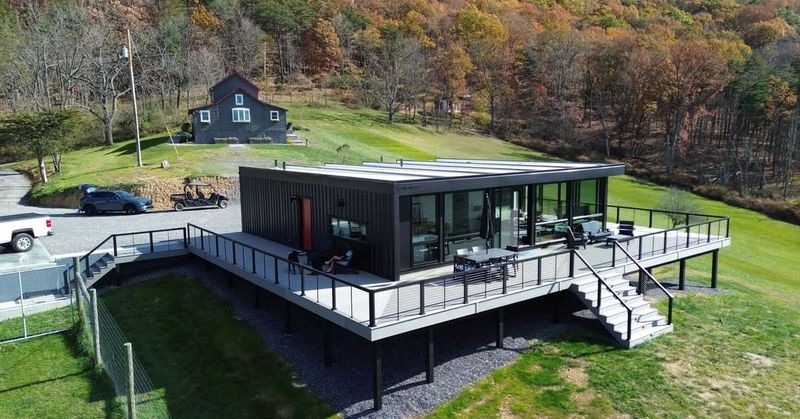
Compliance with building codes might worry some potential buyers, but modular homes follow strict regulations. They are subject to the same building codes as traditional homes, ensuring they meet safety and quality standards.
This attention to regulatory compliance assures buyers of the home’s integrity. Knowing a modular home adheres to these codes can provide peace of mind for prospective homeowners.
11. Transportability
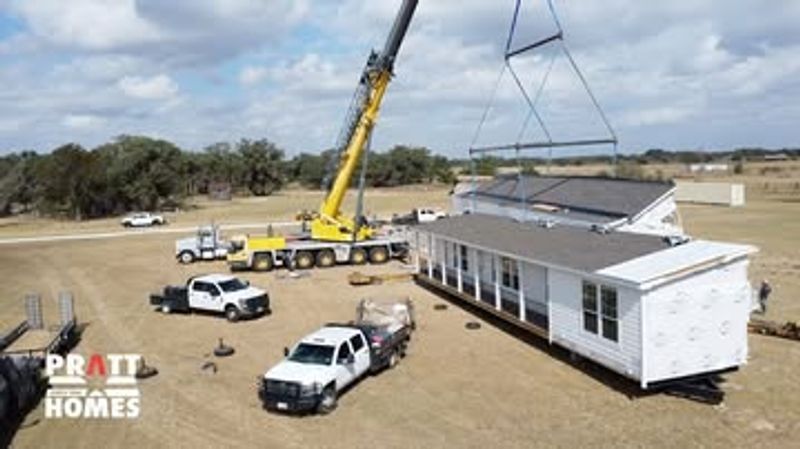
Transportation of modular homes is a logistical marvel that fascinates many. They are built in sections which are then transported to the site, which requires careful planning and execution. This process can be intriguing to witness, as it involves moving large sections over long distances.
Understanding this aspect highlights the impressive coordination and planning that goes into delivering a modular home.
12. Aesthetic Versatility
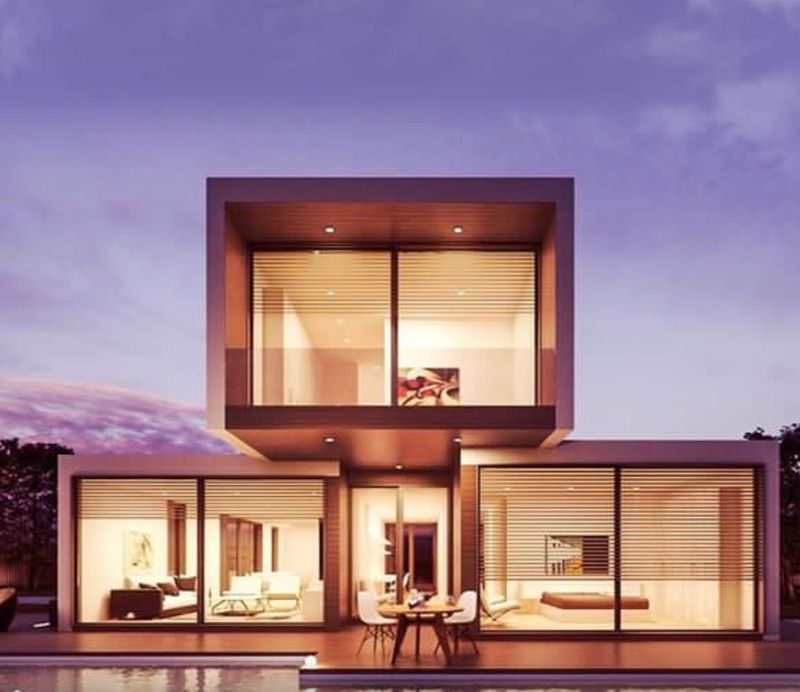
Modular homes defy the misconception that convenience comes at the cost of beauty. They can mirror classic architectural styles or showcase bold, contemporary designs with distinctive finishes.
This adaptability empowers homeowners to craft a residence that reflects their personality while complementing its surroundings. For those who see design as an extension of self, modular homes offer both form and function in perfect balance.
13. Resale Value
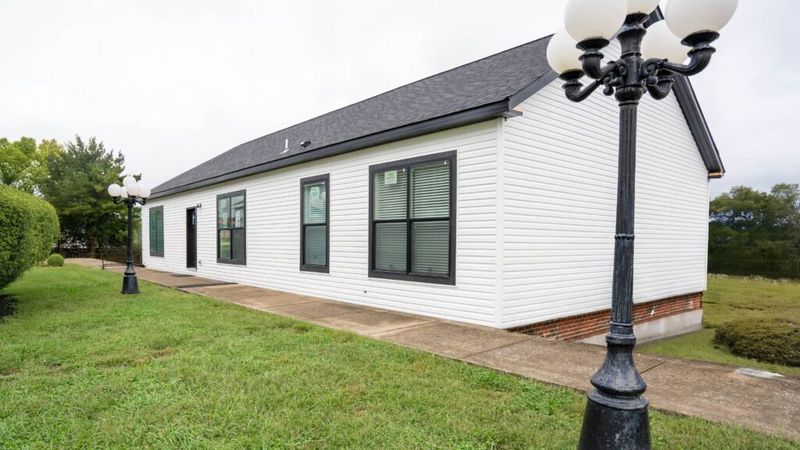
Resale value of modular homes can be surprisingly competitive with traditional homes. Well-maintained modular homes often appreciate, allowing owners to recoup their investment.
The quality construction and modern design appeal to buyers, ensuring a market demand. For those considering future resale, a modular home can be an asset that retains or increases in value over time, benefiting financially from their initial purchase.
14. Noise Insulation
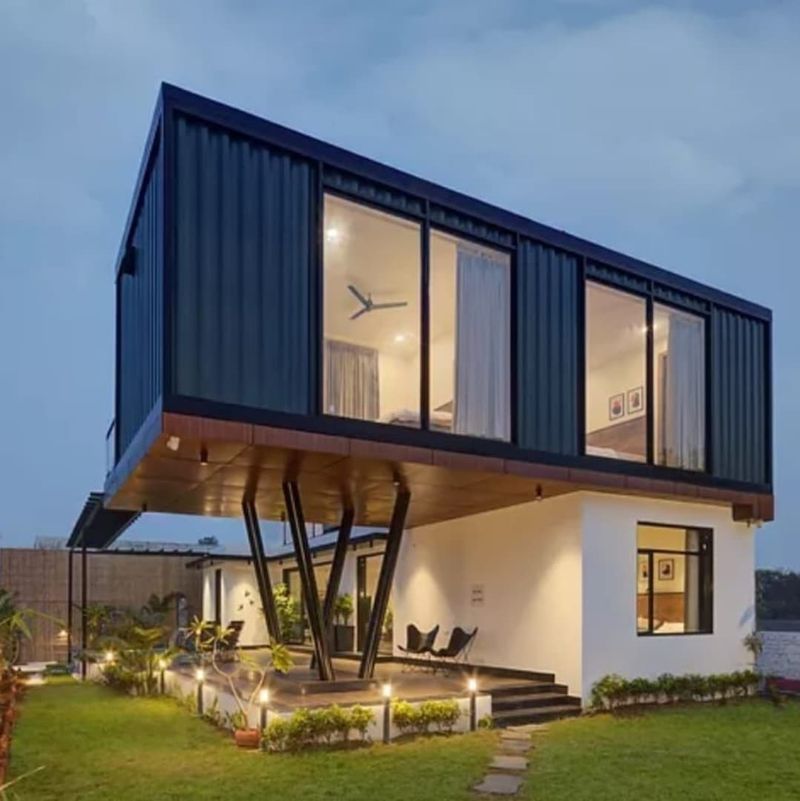
Modular homes offer an unexpected sanctuary from the chaos of the outside world. With superior insulation, they naturally dampen street sounds, neighborly commotion, and even harsh weather noise.
This built-in soundproofing transforms indoor spaces into peaceful retreats, making them ideal for those craving tranquility in a busy environment. For homeowners who value a quiet haven, modular homes provide a subtle yet impactful advantage.
15. Insurance Considerations
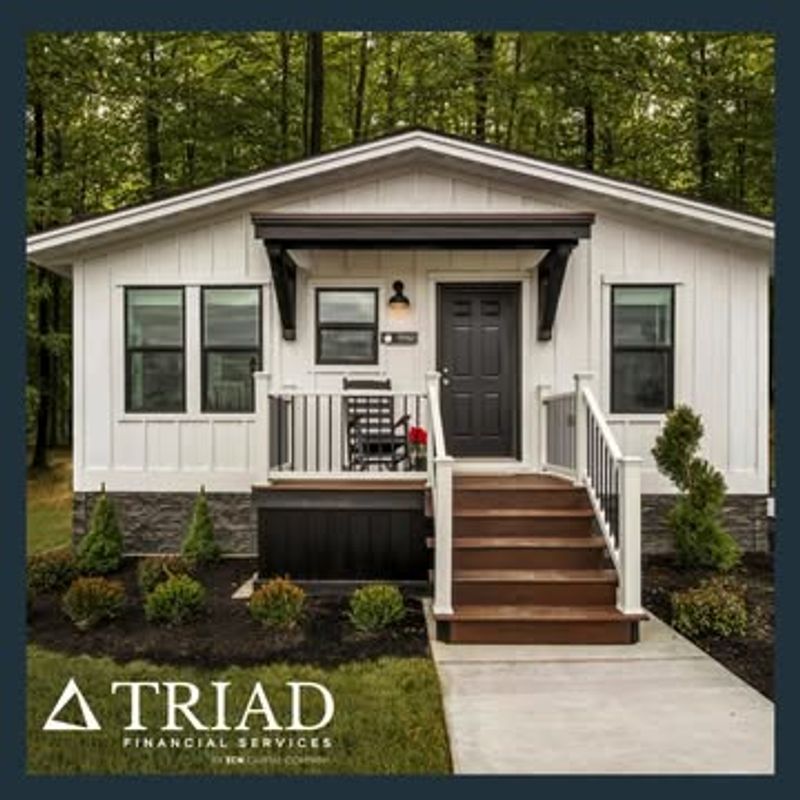
Insurance for modular homes might present unique considerations compared to traditional homes. Policies can vary based on construction and location, often requiring specialized coverage. It’s essential for owners to understand these nuances and ensure they are adequately protected.
By exploring different insurance options, homeowners can find policies that fit their needs, safeguarding their investment in the modular home.
16. Site Preparation
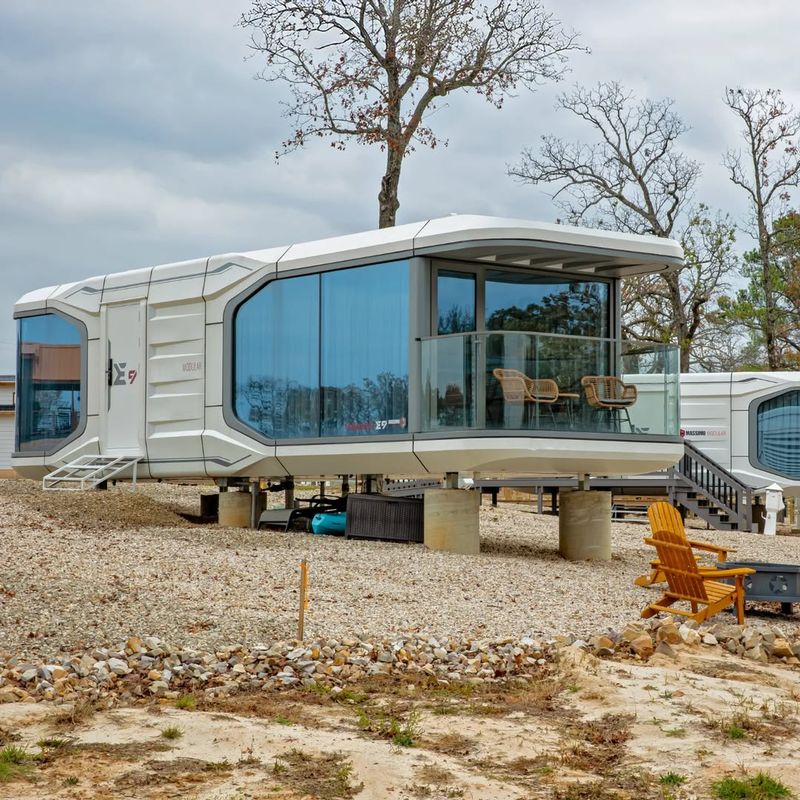
Site preparation for modular homes involves thoughtful planning and coordination. Unlike traditional builds that might adapt on the fly, modular homes require precise groundwork and utility setup before arrival.
This preparation ensures a smooth assembly process and is crucial for the successful installation of the home. Understanding the importance of thorough site preparation helps ensure a hassle-free transition from delivery to dwelling.
17. Community Perception
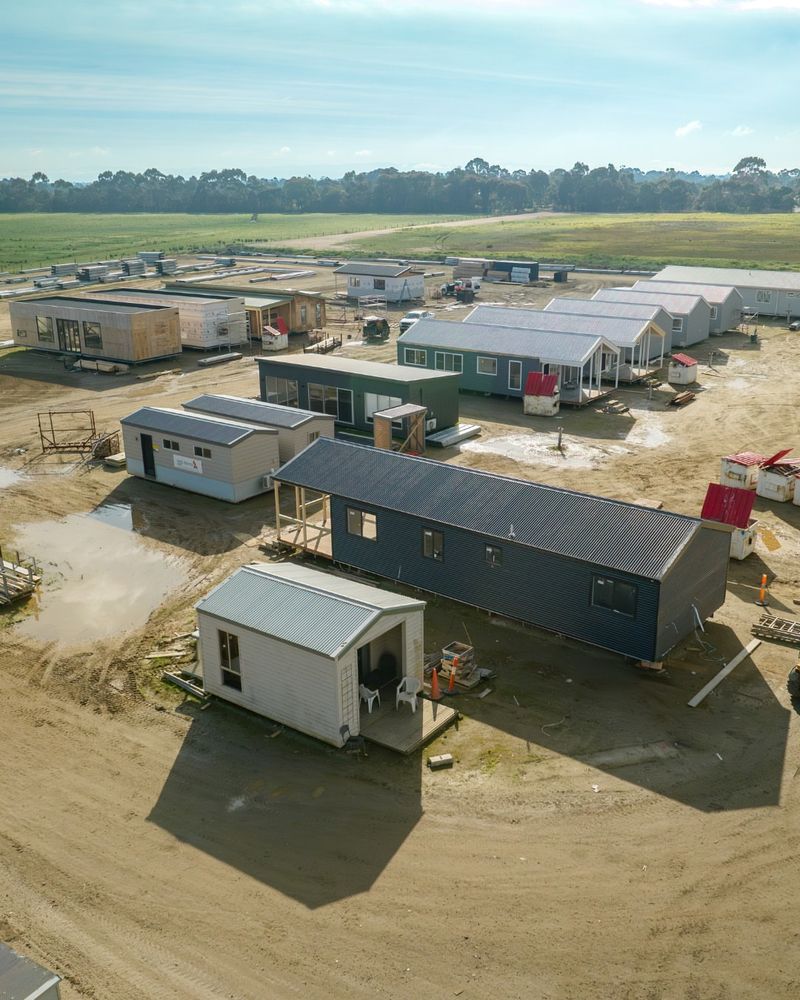
Perception of modular homes is evolving, as more people recognize their benefits. Initially, they might face skepticism from those unfamiliar with their advantages, but positive experiences often change minds.
As they integrate into communities, the perception shifts, highlighting their potential as quality housing options. This changing view reflects growing acceptance, making modular homes a viable choice for different communities.
18. Maintenance Needs
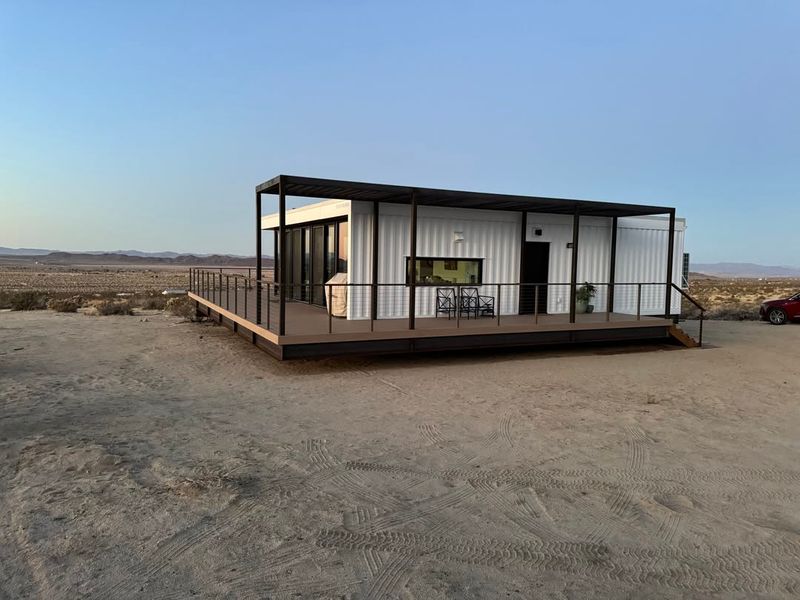
Maintenance requirements for modular homes are similar to traditional homes, yet often simpler due to their construction methods. Regular maintenance such as checking seals and servicing systems can be expected, and many homeowners find this straightforward.
The ease of maintenance can be appealing to those who prefer low-effort home care. Understanding these needs helps owners keep their modular homes in top condition.
19. Expansion Possibilities
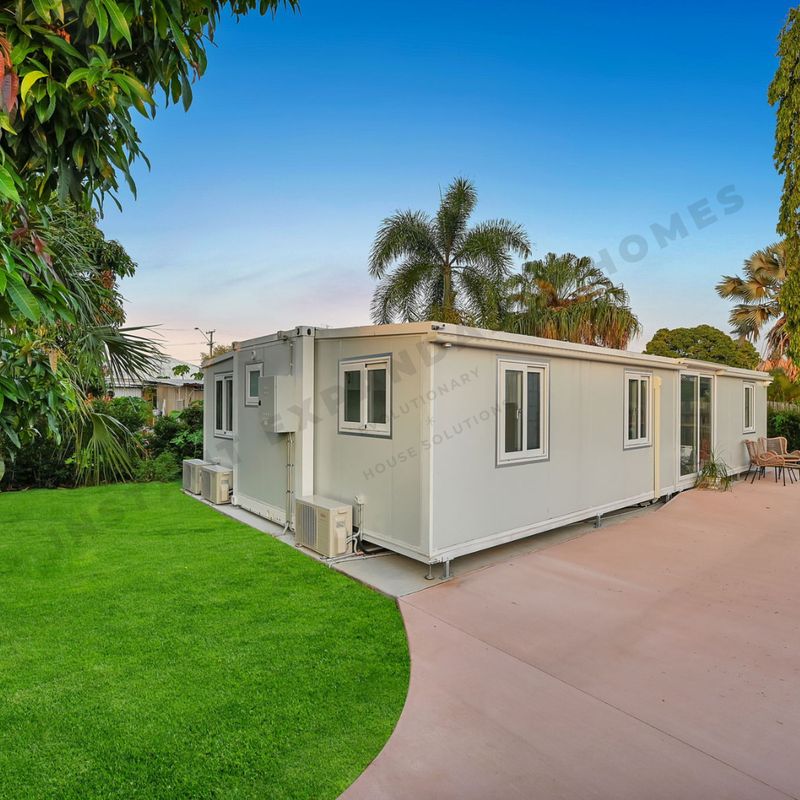
Opportunities to expand modular homes are abundant, providing flexibility for growing families. Adding new sections can be a straightforward process, unlike traditional homes where expansions might require extensive renovations.
This capability allows homeowners to adapt their living space to changing needs without the hassle of relocating. Recognizing these possibilities highlights the adaptability of modular living.
20. Investment Potential
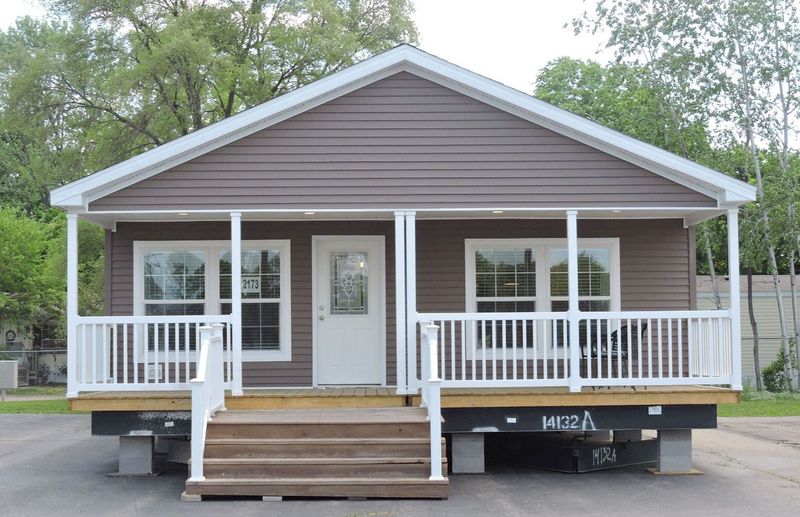
Investment potential in modular homes is drawing attention, particularly in areas with housing shortages. Their affordability and quick construction make them attractive to developers and landlords looking to maximize returns.
With proper market analysis, investors can leverage modular homes to yield substantial profits. Understanding this potential can open new avenues for real estate investment focused on meeting housing demands.
21. Durability
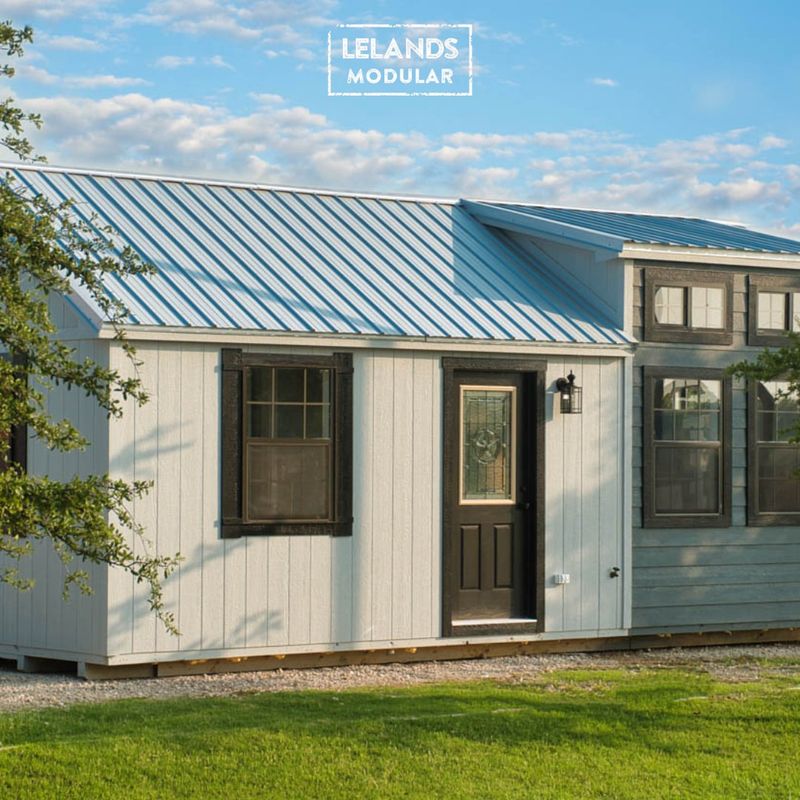
Durability of modular homes often surprises skeptics. Built to withstand transportation and assembly, these homes are engineered for strength. This construction quality ensures they stand the test of time and weather, comparable to or exceeding traditional homes. For potential buyers, this durability translates to long-term reliability, providing confidence in their investment. Recognizing this aspect underscores the robust nature of modular homes.
22. Technological Integration
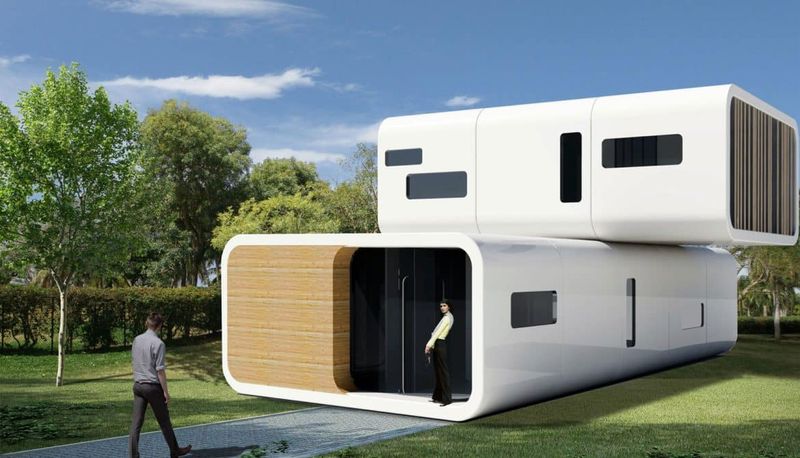
Embracing technology is a hallmark of modern modular homes. Many are equipped with smart home features, from automated lighting to energy management systems. This integration enhances convenience and efficiency, appealing to tech-savvy homeowners.
For those interested in the latest innovations, modular homes offer an exciting opportunity to experience cutting-edge living environments that adapt to contemporary lifestyles.
23. Warranty Coverage
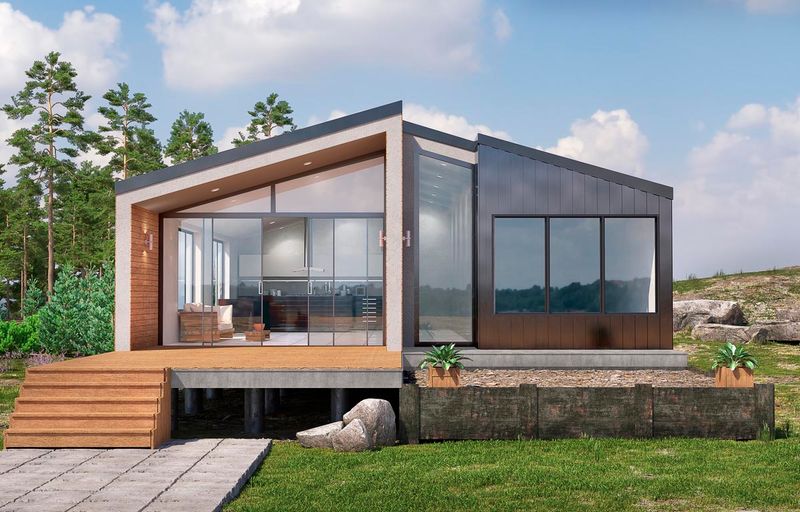
Warranties for modular homes offer peace of mind, often covering construction and materials for several years. This protection ensures that any issues are addressed promptly without additional cost to the owner. Warranties vary, so it’s essential to understand the specifics when purchasing.
Buyers looking for peace of mind will appreciate the robust warranty coverage that often comes with modular homes. These warranties go beyond the standard, offering protection for structural integrity, materials, and craftsmanship.
24. Environmental Impact
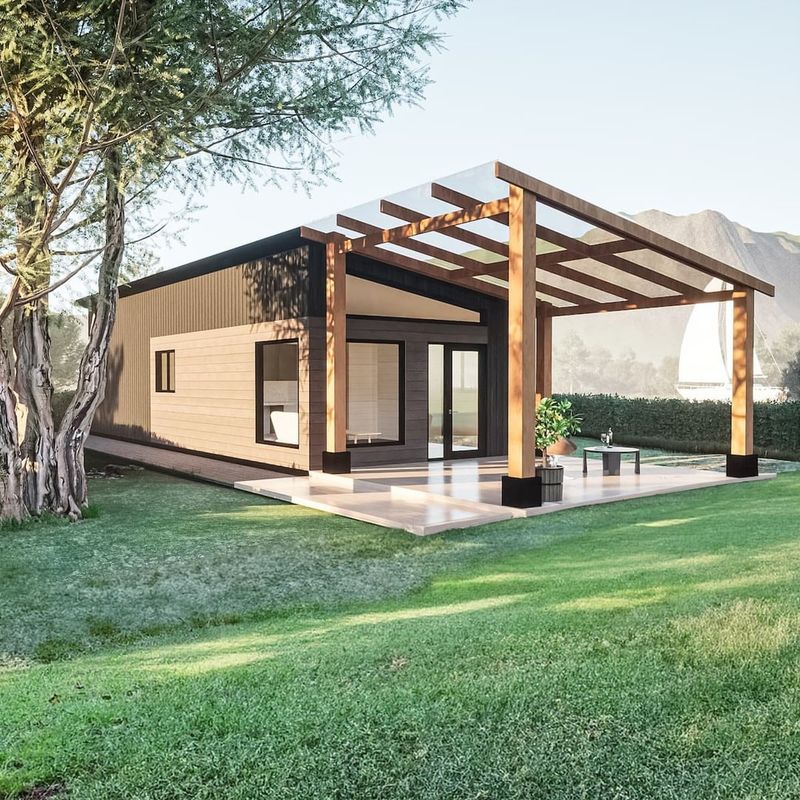
Environmental considerations are inherent in many modular homes, from construction to operation. Their efficient design minimizes waste and energy consumption, reducing the overall ecological footprint. For environmentally conscious buyers, this aspect aligns with sustainable living goals.
Modular homes present an opportunity to enjoy modern conveniences while supporting conservation efforts, making them a responsible choice for those committed to protecting the planet.
25. Flexibility in Layout
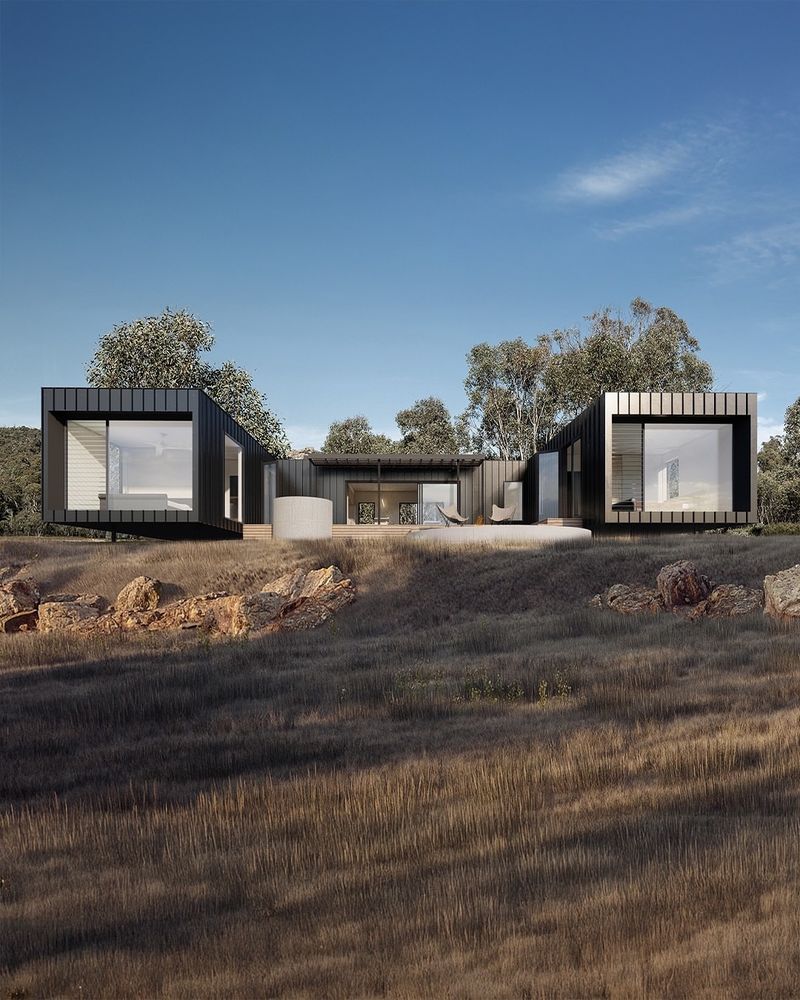
Layout flexibility in modular homes offers a unique advantage allowing owners to tailor spaces to specific needs. From open floor plans to segmented rooms, the possibilities are vast and adaptable to different preferences.
This flexibility supports diverse lifestyles, ensuring people can create functional spaces that reflect their individuality. Exploring layout options underscores the customizable nature of modular living, making it appealing to a wide range of buyers.
26. Cultural Acceptance
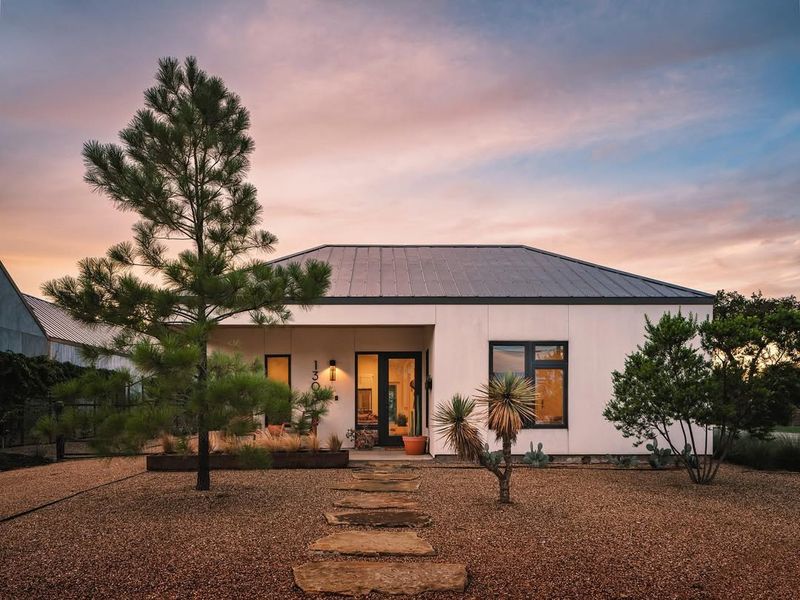
Acceptance of modular homes varies across cultures, but as awareness grows, so does their appeal. Initially perceived as unconventional, these homes are gaining traction in diverse communities that value innovation and practicality.
This cultural shift highlights the adaptability and relevance of modular homes in contemporary society, appealing to those who appreciate modern housing solutions. Understanding this acceptance underscores their potential as universally attractive options.
27. Sustainability
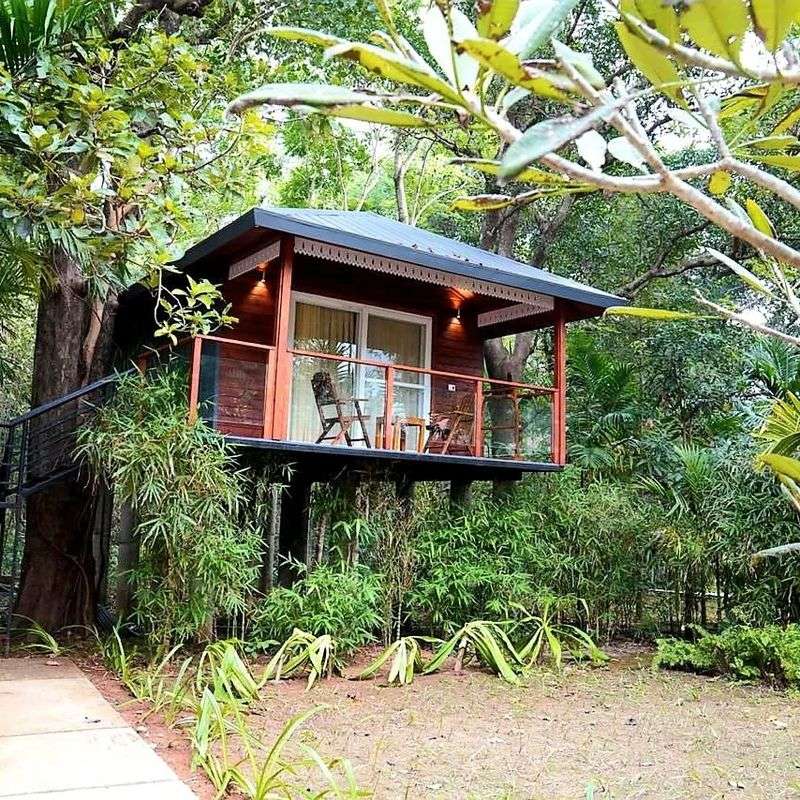
Sustainability in modular homes is not just a trend but a core principle. Many are designed with eco-friendly materials and practices that reduce environmental impact. This commitment to sustainability resonates with buyers looking to align their living spaces with environmental values.
Eco-conscious buyers will find modular homes to be a smart choice for sustainable living. Built with precision to reduce waste and often incorporating energy-efficient materials, these homes leave a smaller environmental footprint.
28. Market Trends

Trends in the housing market show a growing interest in modular homes. As more people recognize their advantages, demand increases. This rise is reflected in new developments and innovations within the modular industry.
Homebuyers seeking to embrace the future of housing will find modular homes to be a forward-thinking alternative to traditional builds. As market trends shift toward efficiency, affordability, and sustainability, these homes stand out for their adaptability and modern appeal.
